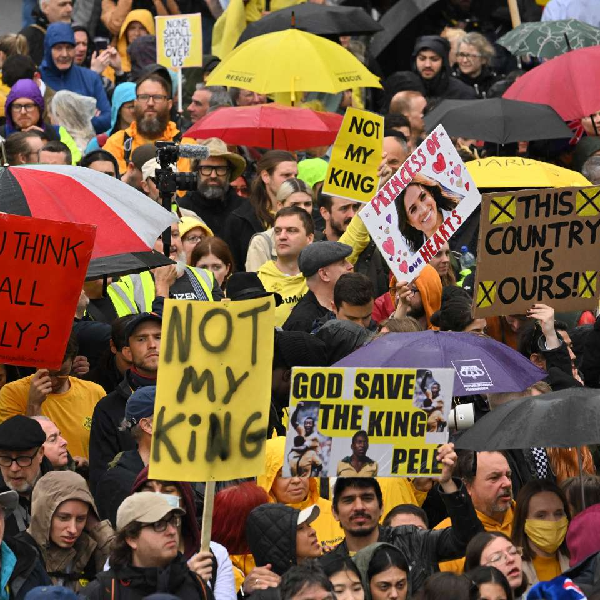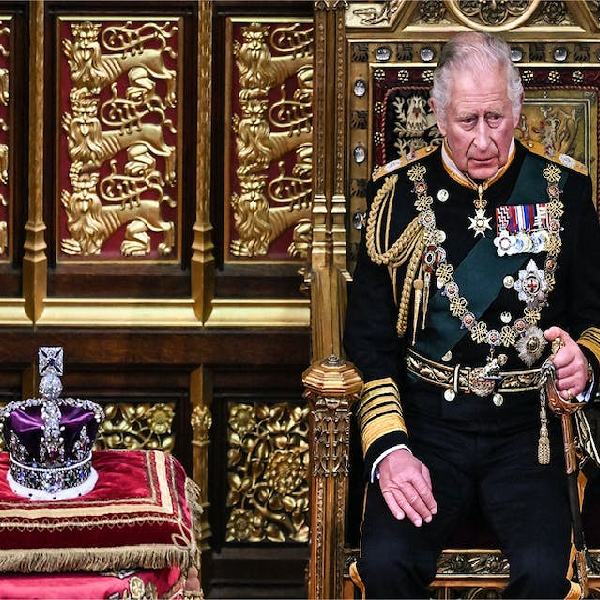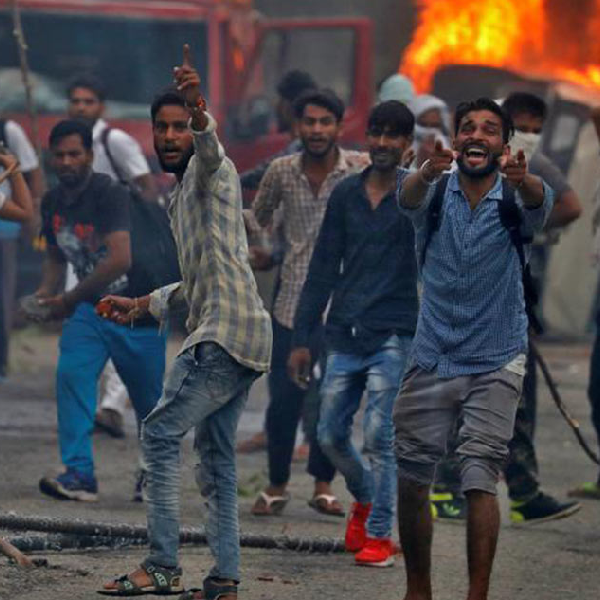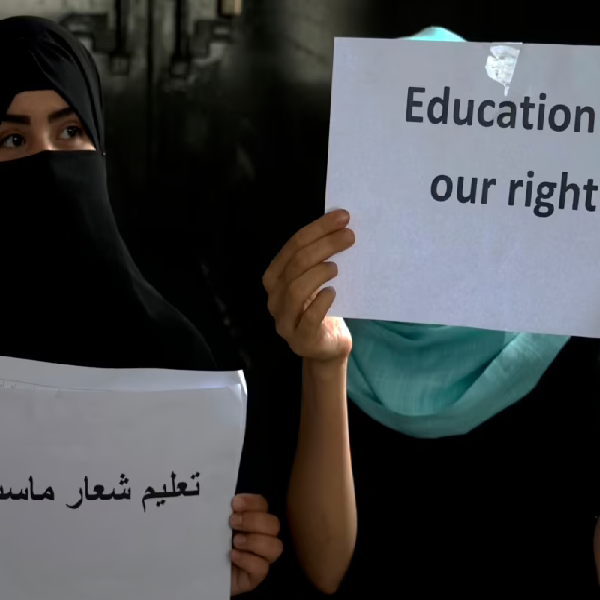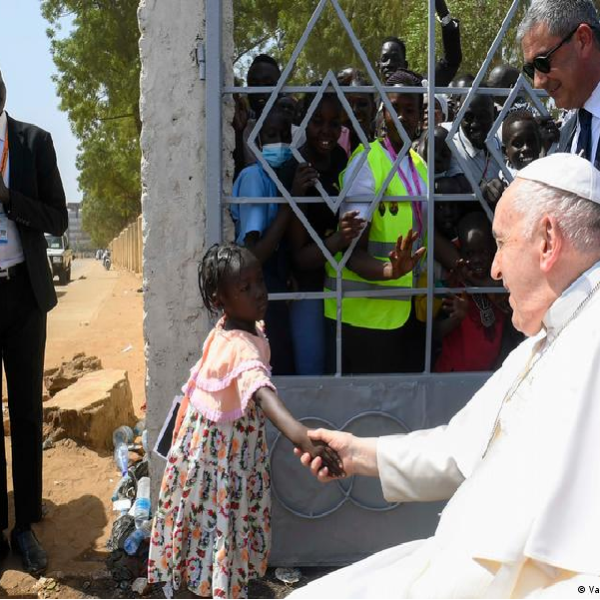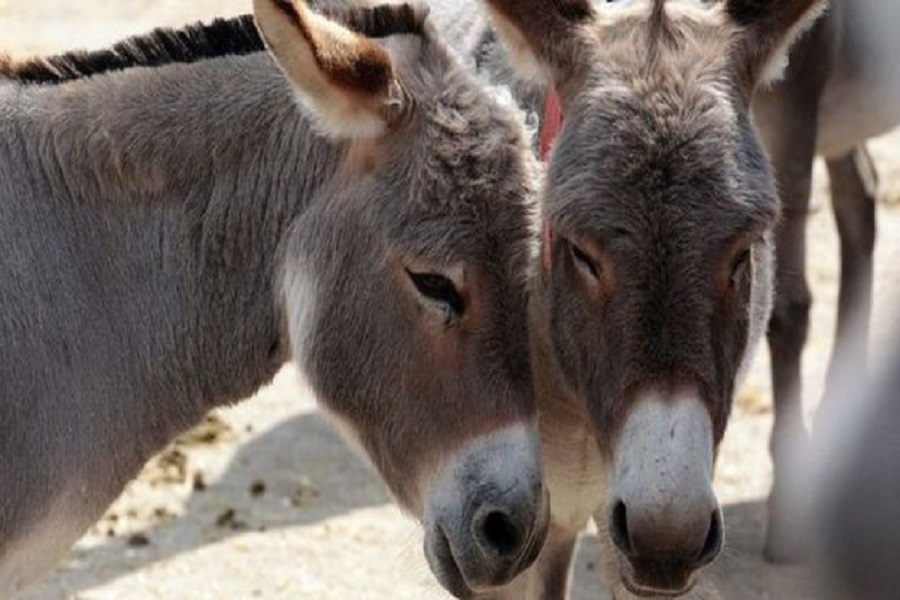
Although Hollywood may have fantasized our kids about talking donkeys that save damsels in distresses, donkeys might be the most underrated creatures in Sri Lanka whose cultural value has been talked less.
It was only days we revealed about a macabre turn of events taken place in Puttalam area, where donkeys were being subject to slaughter to be sold as beef and no legal justice has been brought upon preventing the massacre. Little did you know that the world’s donkeys are facing a population crisis because donkey meat and skin has an increasing demand in China, where they are used to make processed meat, health foods and traditional medicine?
Demand for donkey meat and skin has spawned a huge drop of the population of the donkeys in the China with their lower tendency to reproduce, and an increase of extinction has forced the suppliers to look for donkeys elsewhere.
In many places the price of a donkey has reportedly been doubled over the past few years, whereas Africa has been badly hit because the creature plays an important part of the African civilization for farming and transport, particularly in poorer communities. It is no secret that the creatures are being set for abduction for selling in to the market, whereas poor families are left unable to afford a new one.
Based on government data, China’s donkey population has dropped from 11 million in 1990, to 3 million in 2018, amid the increasing demand for food and skin. UK based charity ‘The Donkey Sanctuary’ states that 1.8 million skins are being traded every year, however the demand is as high as around 10 million. ‘Ejiao’, a form of gelatine that is produced by boiling donkey skins, are being sold for up to 388 US Dollars per kilogram, beneficial for popular Chinese health foods and traditional medicine.
Countries in the African region, Uganda, Tanzania, Botswana, Niger, Burkina Faso, Mali, and Senegal, have banned donkey exports to China, however the selling is being reportedly continued. Apparently, the Chinese buyers monitor the process, to make sure that the deliveries are being packed and prepared properly.
‘The Donkey Sanctuary’, the British donkey charity, has uncovered cases of animal abuse among those waiting to be slaughtered in appalling conditions.
“This is the biggest crisis donkeys have ever faced,” Mike Baker from The Donkey Sanctuary stated.
“We are seeing millions being taken and we are seeing suffering on the scale I have never witnessed before. We are talking about donkeys being starved to death to make it easier to skin them, or bludgeoned to death”, added by Baker.
According to Baker, over a dozen governments have now taken action to stop these trades, because they are aware that this is impoverishing their people as well as being massively cruel to animals.
Donkeys are being killed on a dramatic scale across the continent – and places further afield like Brazil and Peru.
We reported a week ago that a group of Sri Lankan animal activists have composed a letter to the Department of Wildlife disclosing the Puttalam donkey massacre expressing their displeasure on how these innocent creatures are being treated, for which the Department has responded rather drastically that they are ‘Domestic Animals’ under the Flora and Fauna Ordinance and therefore are not entitled to any legal provision. Donkeys are a known attractive component in Sri Lanka for visitors–especially tourists–in Puttalam area, reminding the rich heritage of the region existed long before technology took over. They had been living in the area for one hundred years unhindered, up until recently at an exhibition of decrease in population upon vehicle accidents and now amid brutal slaughter.
Up to this point there is no concrete evidence that donkeys are being sold by Sri Lankan suppliers to the Chinese market for their skin and meat, however some reports say that donkey meat are being sold as beef to restaurants in the area. Authorities remain unawaken with a silent policy merely avoiding the disclosure hiding behind some ordinance. But ‘Prevention of Cruelty to Animals Ordinance’ speaks for itself, and to protect an innocent species from getting harmed, does a ‘Sinhala-Buddhist’ country need legal clarification? If these killings are somehow linked to the Chinese market similar in Africa, are we or are not involved in the same crime of disintegrating the world’s donkey population, being shareholders responsible for these poor creatures’ extinction?
